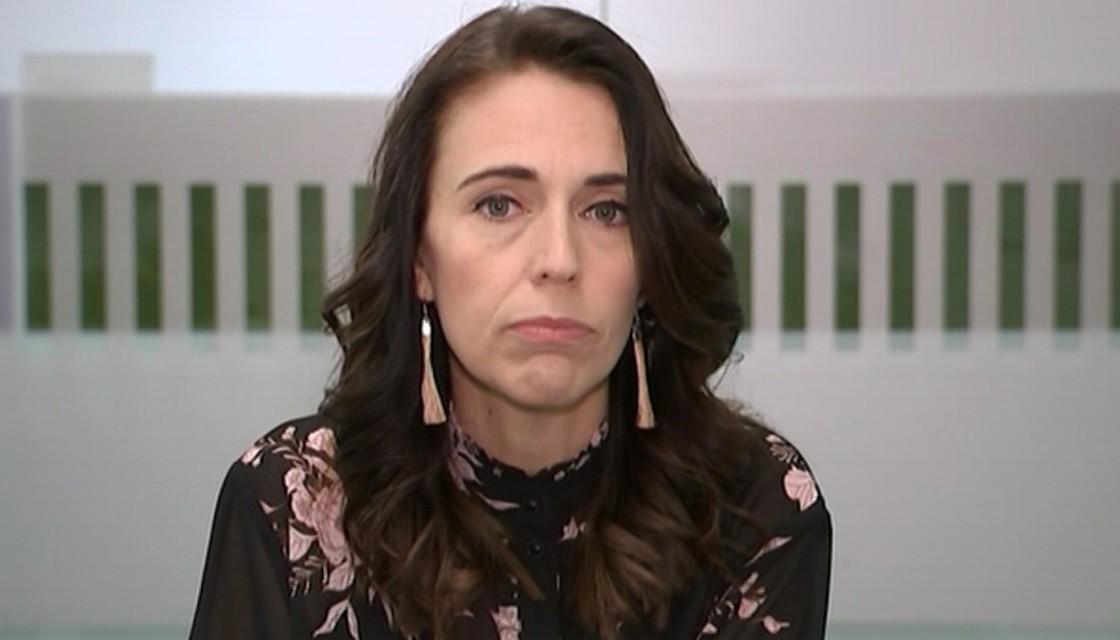Prime Minister Jacinda Ardern says it's "not realistic to assume" COVID-19 will never reach New Zealand, and the current travel restrictions can't go on forever.
The virus has so far infected nearly 80,000 people, killing nearly 2500 of them. The vast majority of the deaths - 2346 - have been in China's Hubei province, where the outbreak began. It's now starting to spread in other countries, most notably South Korea, Japan, Italy, Singapore and Iran.
New Zealand has had travel restrictions on mainland China, banning foreigners who've been there since February 2 from entering New Zealand. The ban is being reviewed every 48 hours, and was last extended for another eight days on Saturday.
Ardern told The AM Show on Monday it won't last forever, but is expected to be extended again "for a little while longer".

But she hasn't heard anyone suggest we close our borders entirely.
"Those border restrictions to what was the epicentre of the outbreak have given us the time to understand the virus and way it is transmitting," she told host Duncan Garner.
"No one is proposing for a moment that New Zealand close off its borders. I don't think that would be the way to manage this. Having said that, it's likely we will keep what we have with that main epicentre of the outbreak in place for a little while longer."
- Coronavirus: South Korea on high alert, cases jump in Italy and Iran
- Concern over growing number of cases unconnected to Wuhan
- Coronavirus outbreak edges closer to pandemic
- South Korea coronavirus cases more than double to 433
Ardern said the New Zealand health system is "ready" for COVID-19, including 9 million P2 masks, able to stop the virus from entering via the mouth.
"Given the spread and the reach, given that we aren't talking about just cases in mainland China - you are seeing reasonably significant outbreaks outside of that - there is a very high chance of having a case in New Zealand.
border restrictions have failed to stop previous outbreaks, delaying them at best
"But of course because of good planning, we will and should be able to stop that ongoing human-to-human transmission and be able to contain [it]. That's what we have to be prepared for, and we are."
The masks are part of the national reserve supply. The masks last about 10 years in storage, and are regularly topped up - the most recent batch bought was 527,000, and the year before nearly 4 million were purchased.
A report from the New Zealand Institute of Economic Research released on Friday suggested border restrictions have failed to stop previous outbreaks, delaying them at best.
"Delaying the virus' arrival in New Zealand now could mean that it arrives in New Zealand during our flu season," report co-author Sarah Hogan told RNZ. "This would put extra strain on our health sector's limited resources at the worst possible time of year."
University of Otago researcher David Murdoch told The AM Show on Friday there was a "high chance" the virus will make it to New Zealand, and could perhaps already even be here. Studies have shown some people can contract and spread the disease without showing any symptoms themselves.
"There's always a chance. There's a good chance we would pick it up... but there's absolutely no way we can be completely sure about that."




